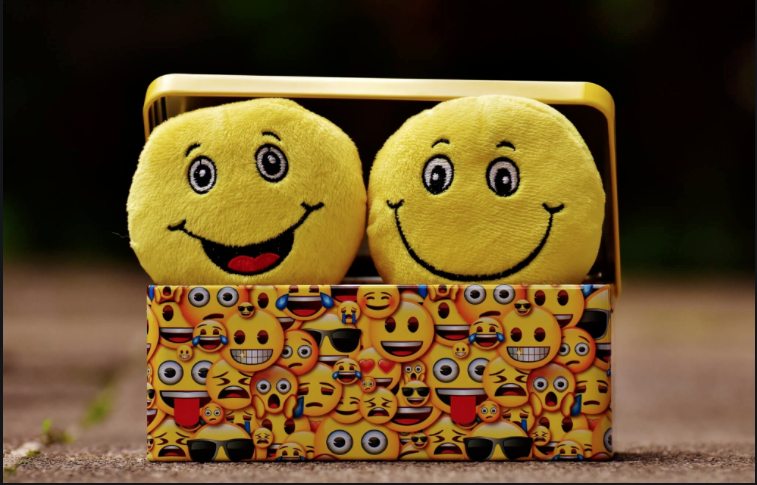News

Years ago empathy, compassion and high-level interpersonal skills were viewed as soft skills not necessary for professional success. Today we understand that those skills are more important than ever and that they go hand in hand with thriving organizations. This world needs leaders that lead from within, soulful leaders . Soulful leaders lead with great passion , they have a clear purpose and they genuinely want to be of service . Status or image is not a motivator for them, discovering the true potential of people is . They know how to listen as they are naturally interested in understanding the drivers and concerns of their people. A soulful leader leads with authenticity , integrity and empathy . When leading with soul one produces higher financial bottom line results . It even turns out that creating and leading a workplace that is meaningfully connected and soulfully led also creates competitive advantage .

A lot of businesses will consider themselves ‘people-centric’ . They’ll have a company people policy. They’ll have constructed an environment designed to offer a relaxed, comfortable experience. They’ll pride themselves on their communication and collaboration. They’ll have a social aspect to the workplace that brings people together. For many of those businesses, and the managers who work for them, this period of working from home has highlighted that a lot of what they thought was ‘people-centric’ about their business, was actually ‘employee experience’. And it couldn’t be replicated through remote working (no matter how many team quizzes and cocktail hours were hosted over Zoom). While every business has its own unique recipe for a solid culture, people-centricity should always be the magical potion . That means leaders should genuinely care about their employees as individuals. A people-first company culture embodies shared values and attitudes . It stands for a common purpose and mindset that provide a strong sense of belonging and form the basis for leadership, collaboration, empowerment and resilience. People-centric or people-first businesses should have one thing in common: a performance structure that places the individual at the heart of everything .

Resilient organizations have the capacity to recover quickly from difficulties. During this time of extraordinary change, many organizations are finding that their cultures need to be more resilient and agile than ever to ensure their business can thrive. A recently conducted study in hundreds of organizations (by Glint) shows us that most resilient organizations are those where employees clearly observe a well-established culture and values in action. Employees at these organizations were nearly eleven times more likely to believe their organization would bounce back from setbacks quickly. They were also eight times more likely to believe they could continue to be productive in uncertain times.

Employee empowerment is on the rise and micromanagement is dead (or should be). More and more we see leaders treating each person as a trusted individual who enjoys ownership of his or her tasks. As part of this growing trend, a major transition is happening: organizations are becoming more team centric and refocusing on the importance of developing leadership skills within the ranks of their talent, and that requires empowering employees.

Recent research and findings from HR Leaders around the world, show us that in VUCA (Volatile – Uncertain – Complex – Ambiguous) times, as Covid-19 has shown us, there is a need to focus on human capital. Different studies support our believe in a people-first-culture, where Empathy, Empowerment and Resilience will be core skills to create future proof organizations.
